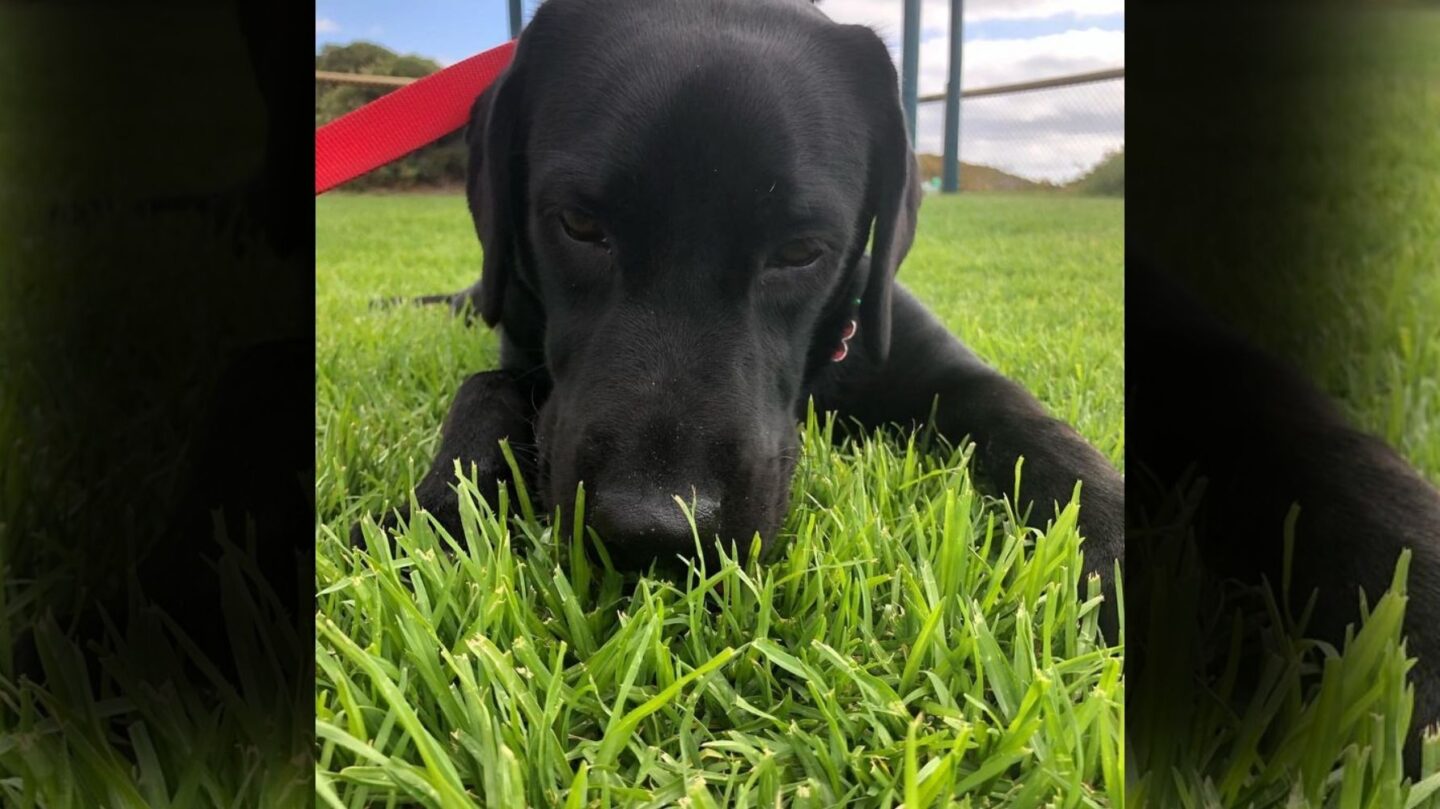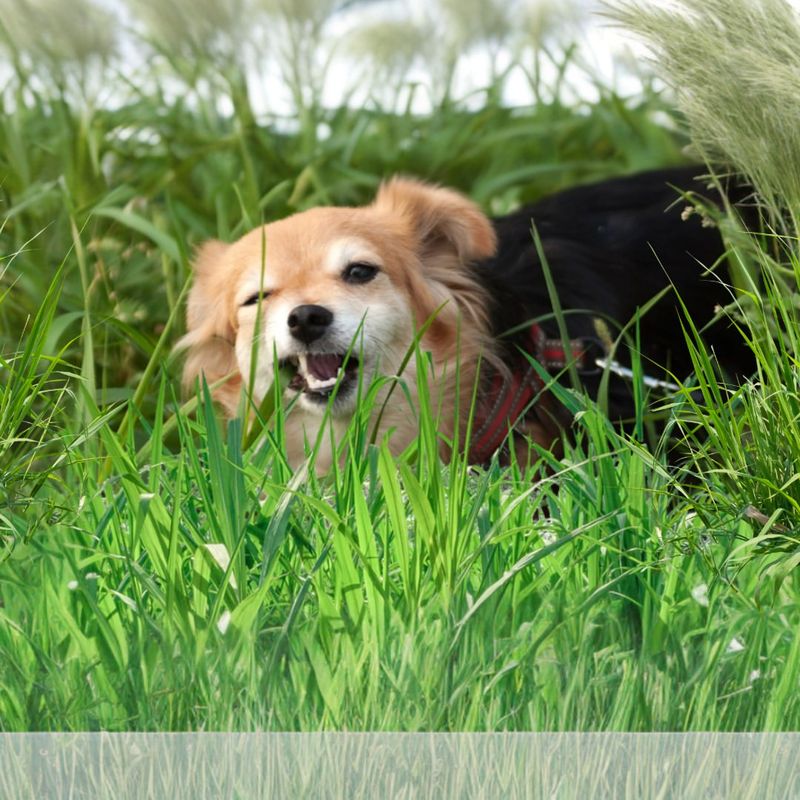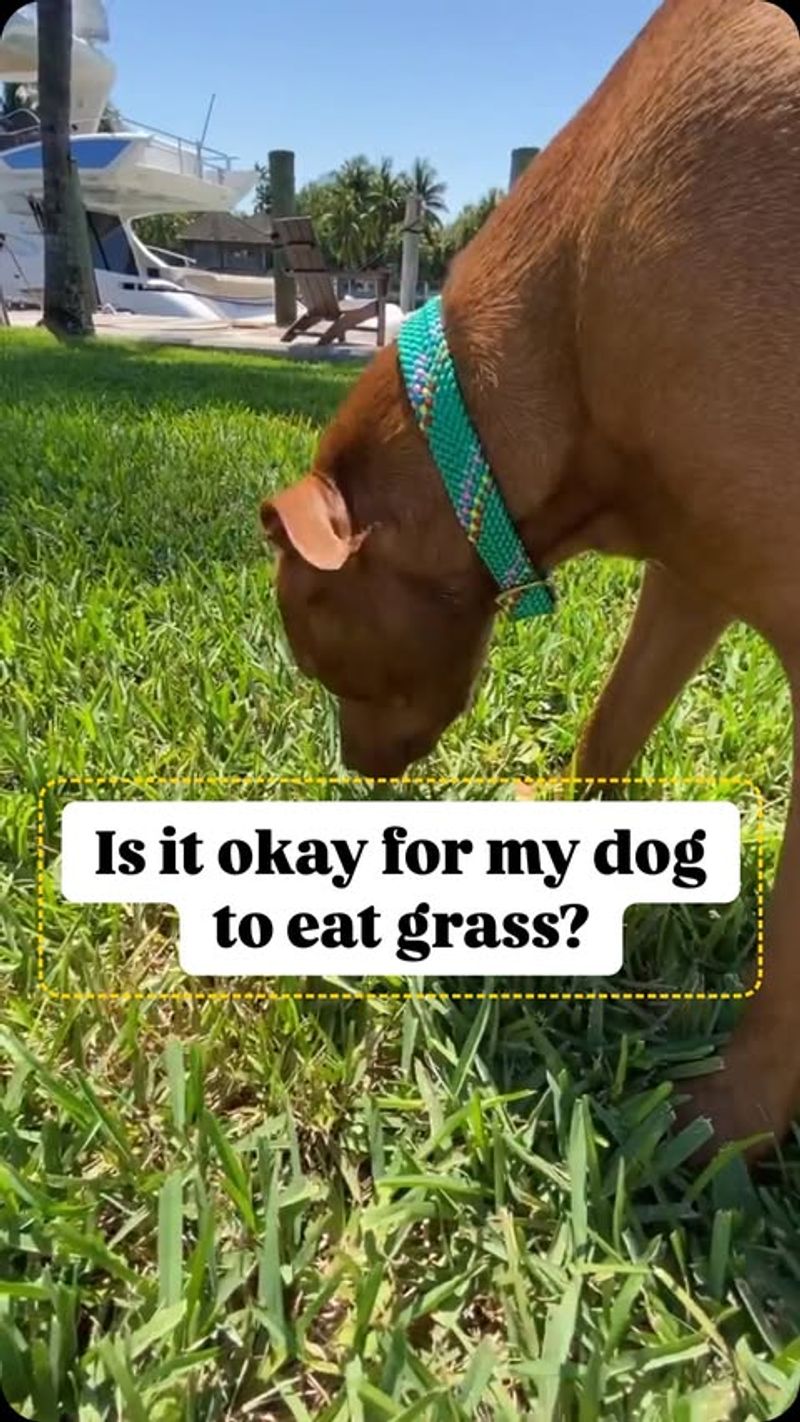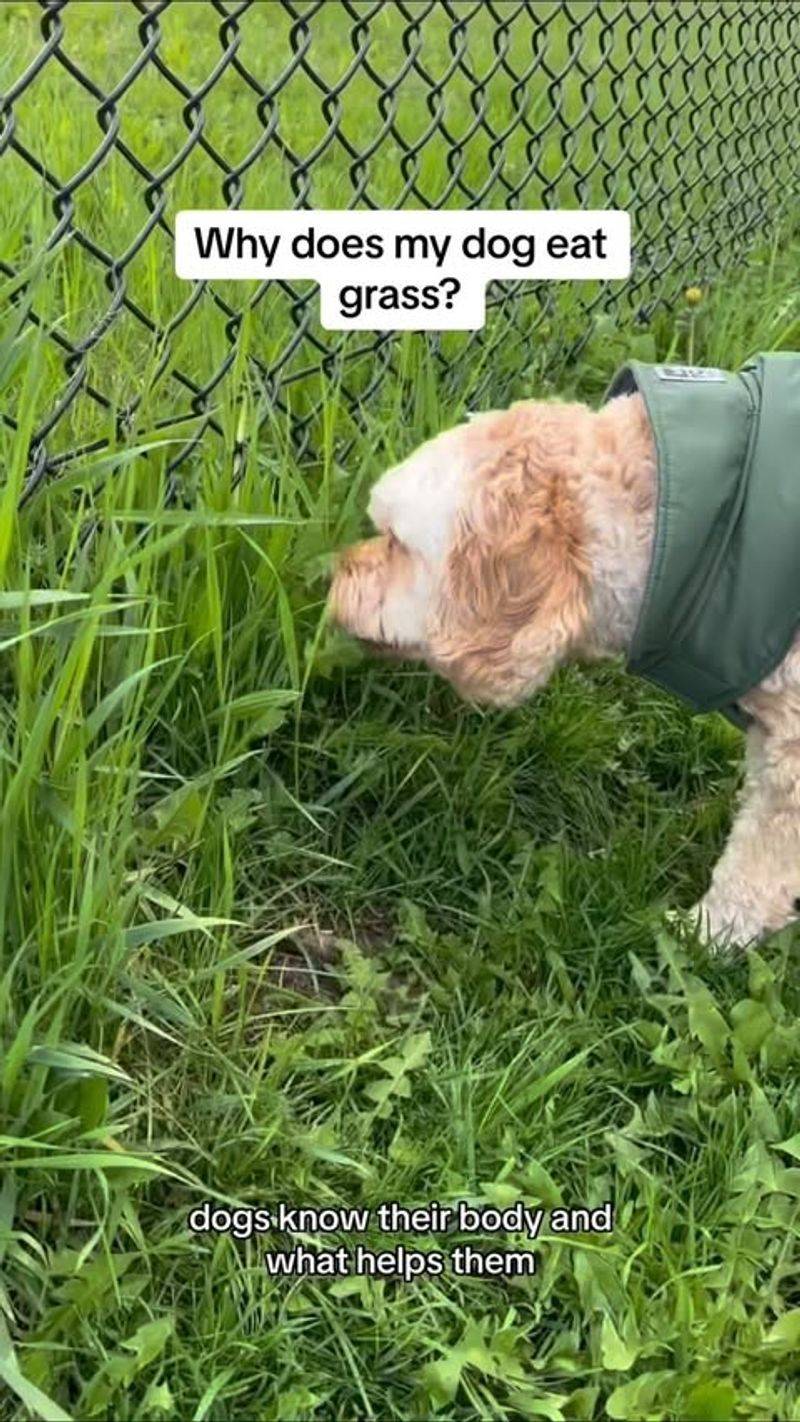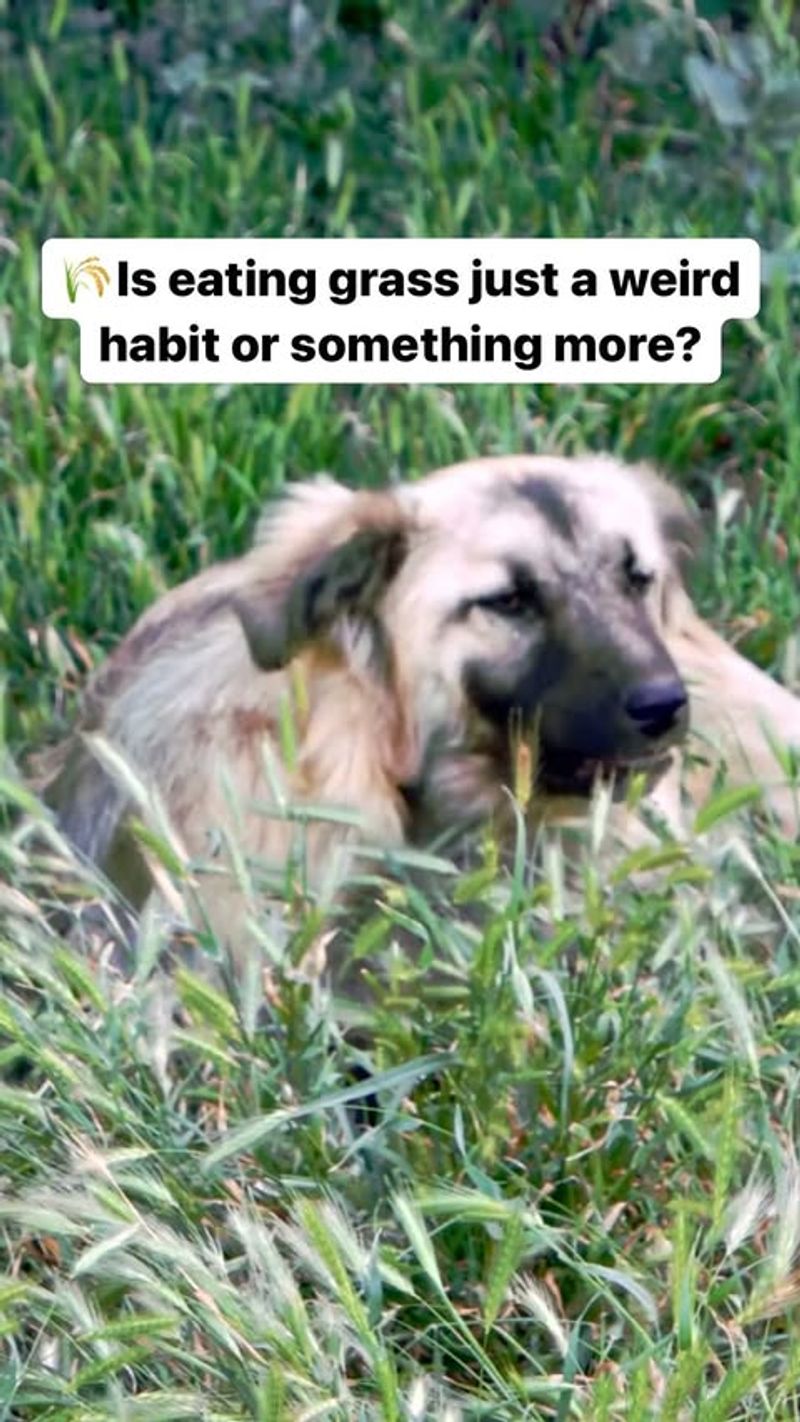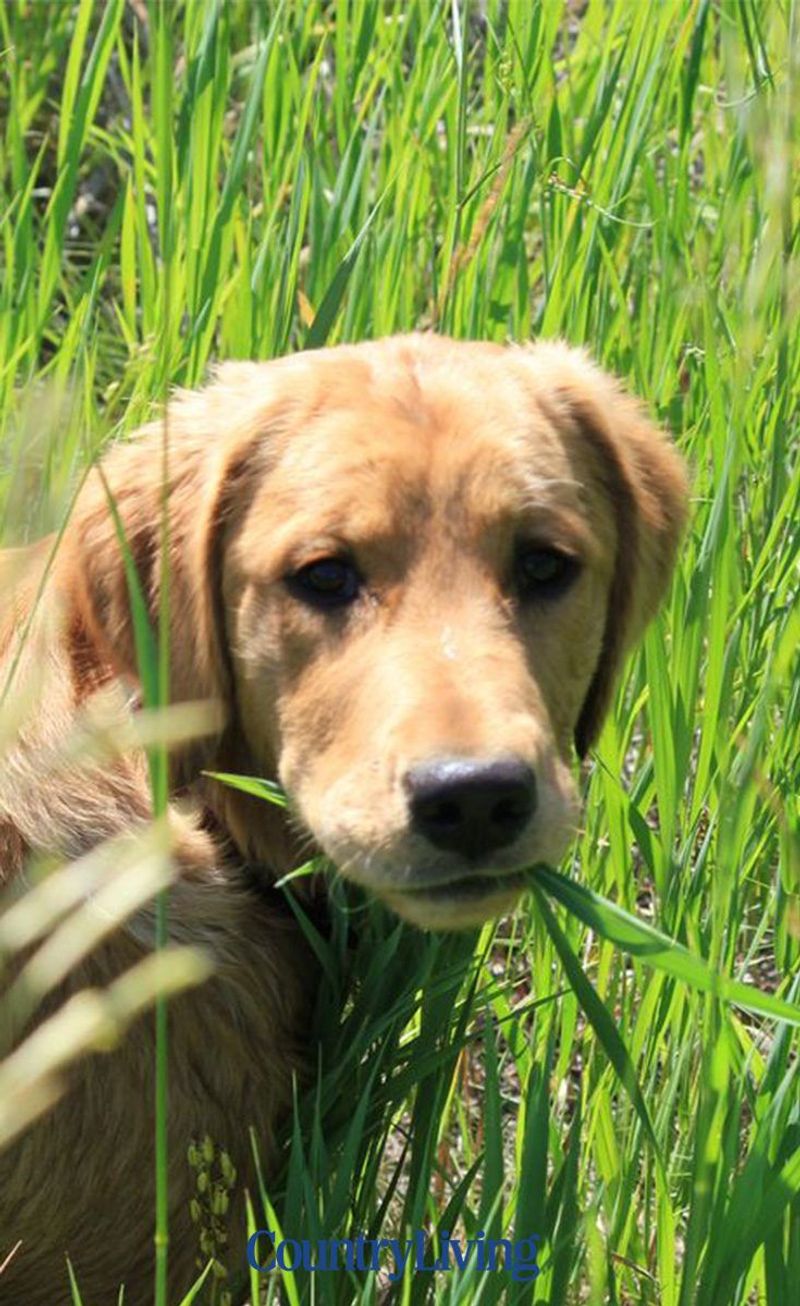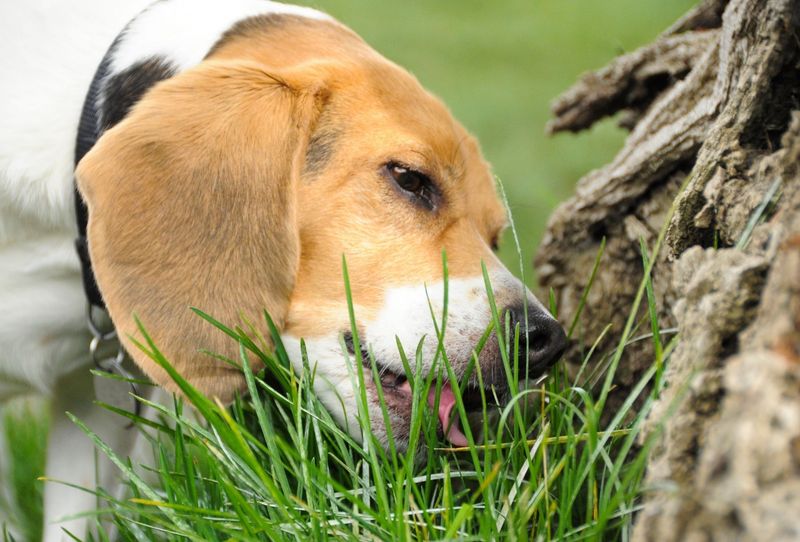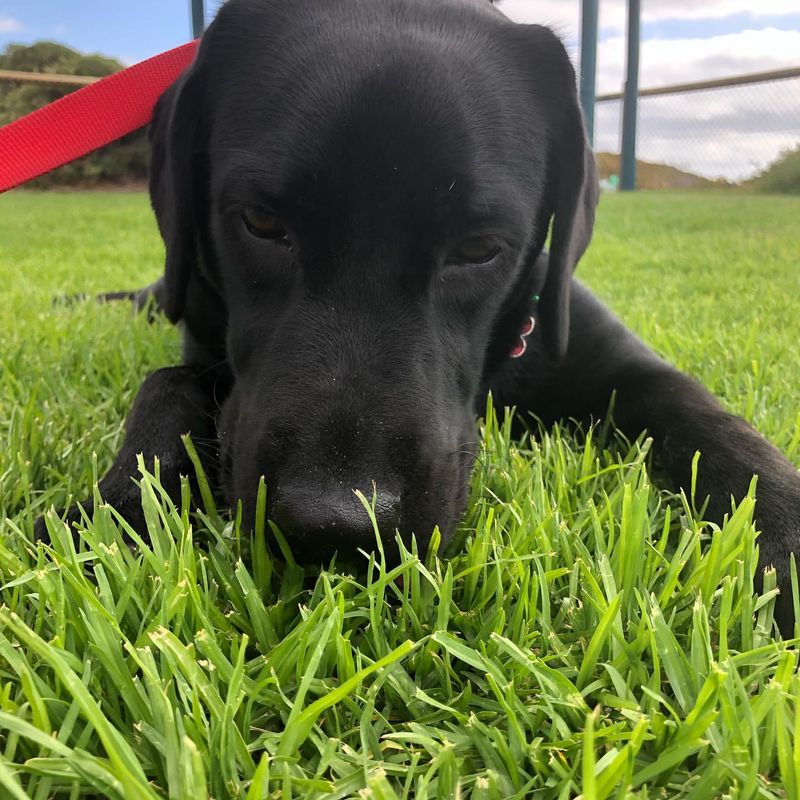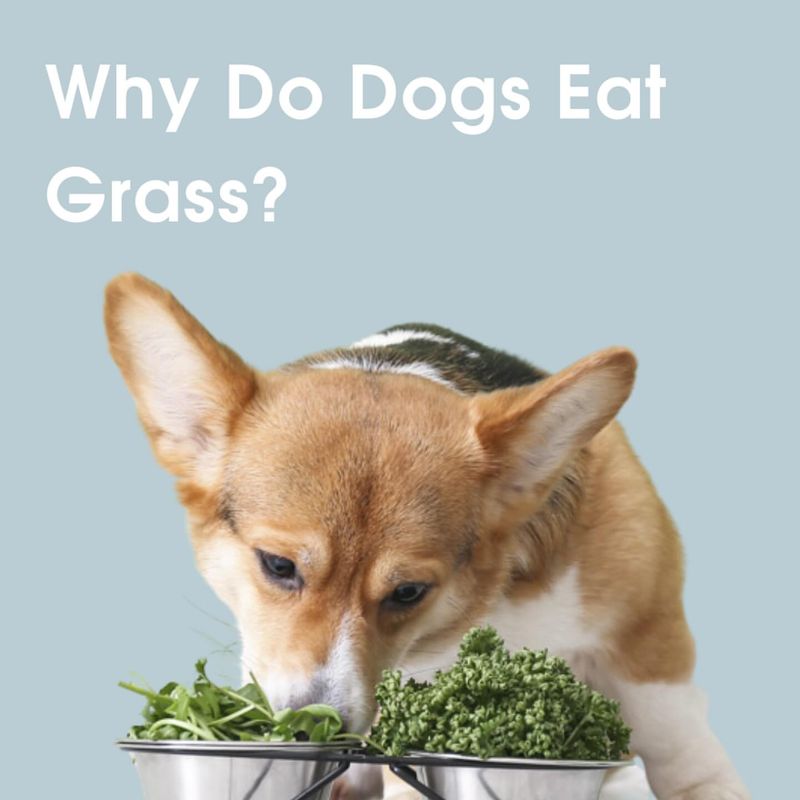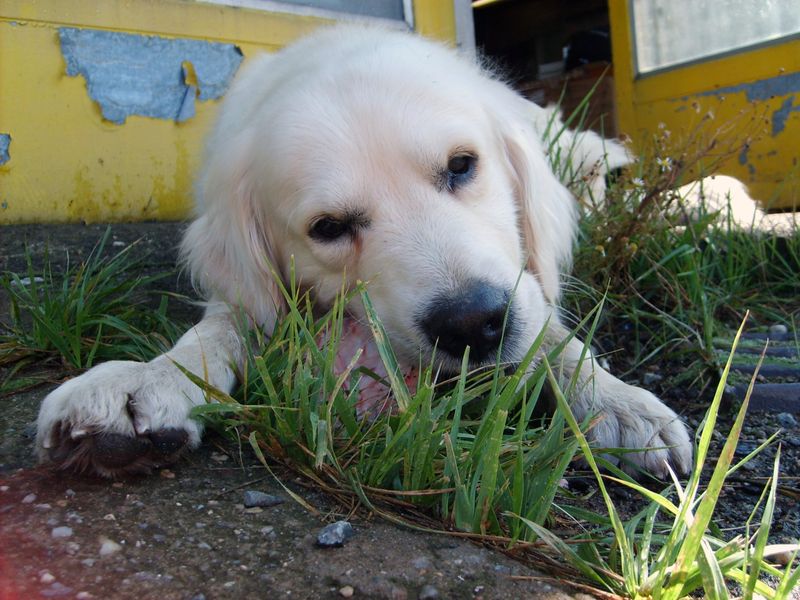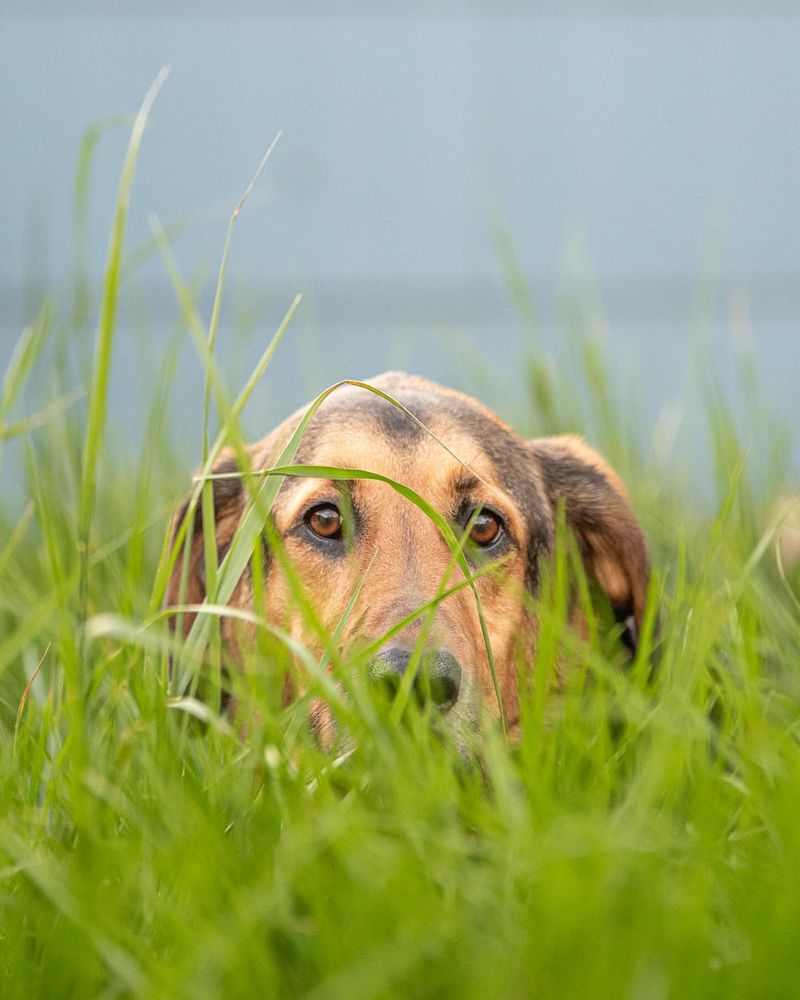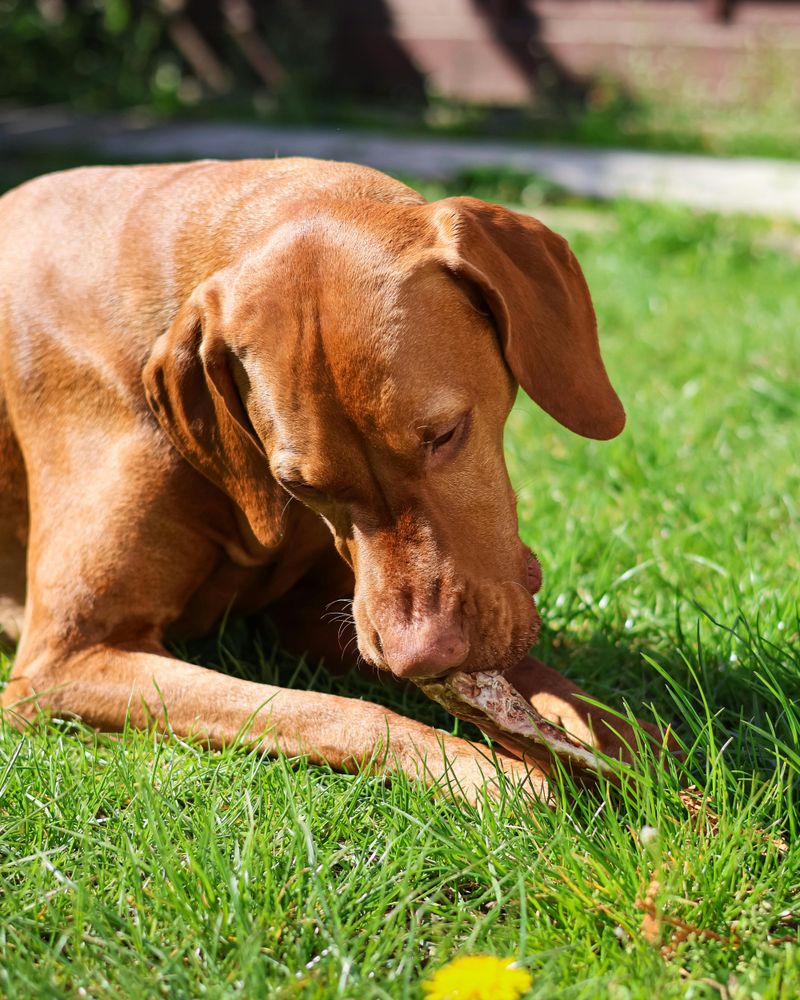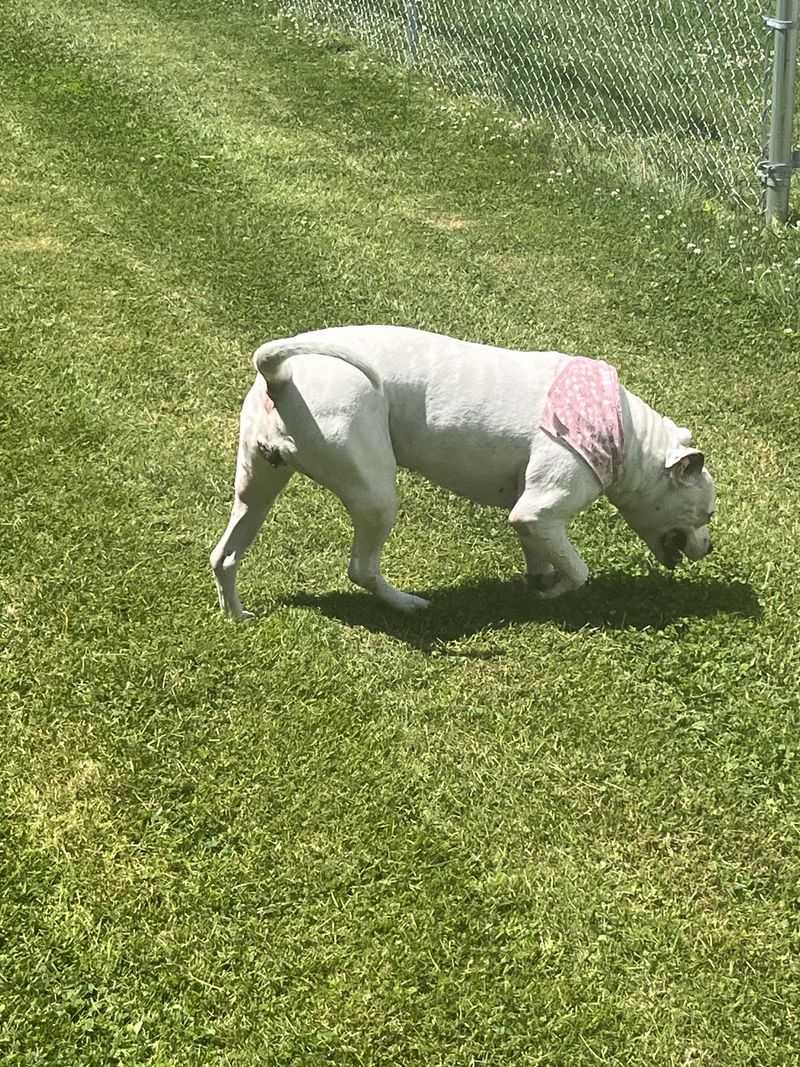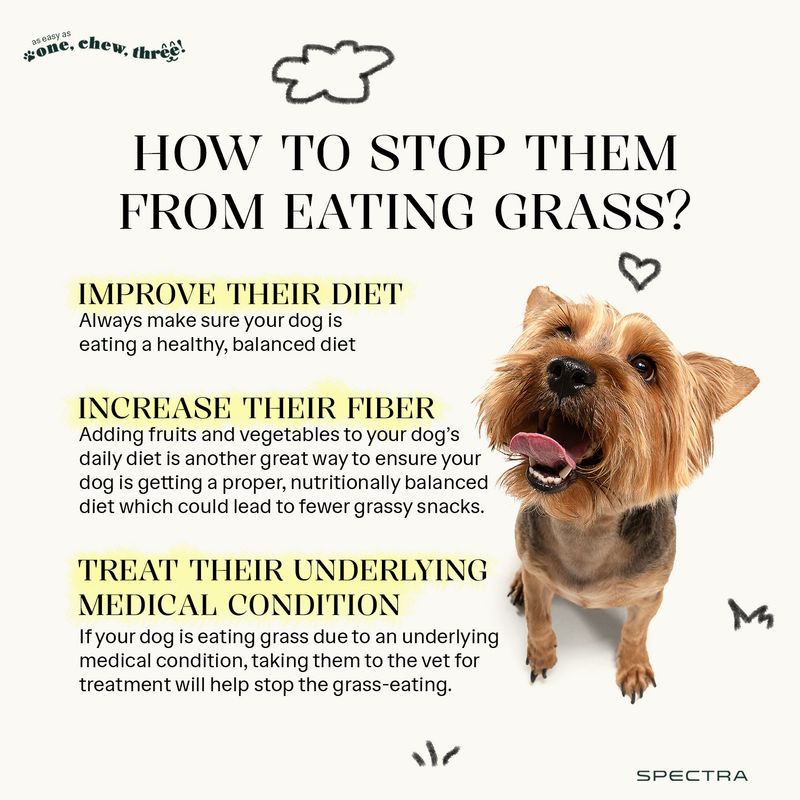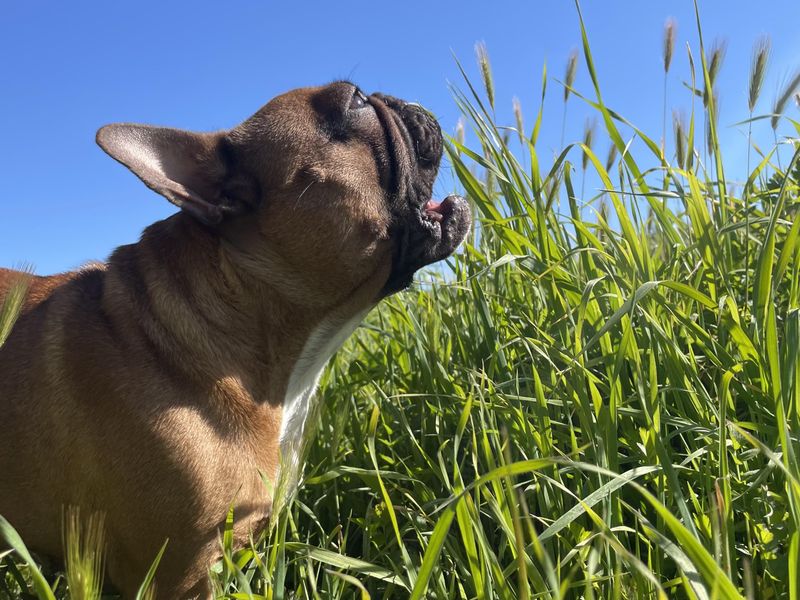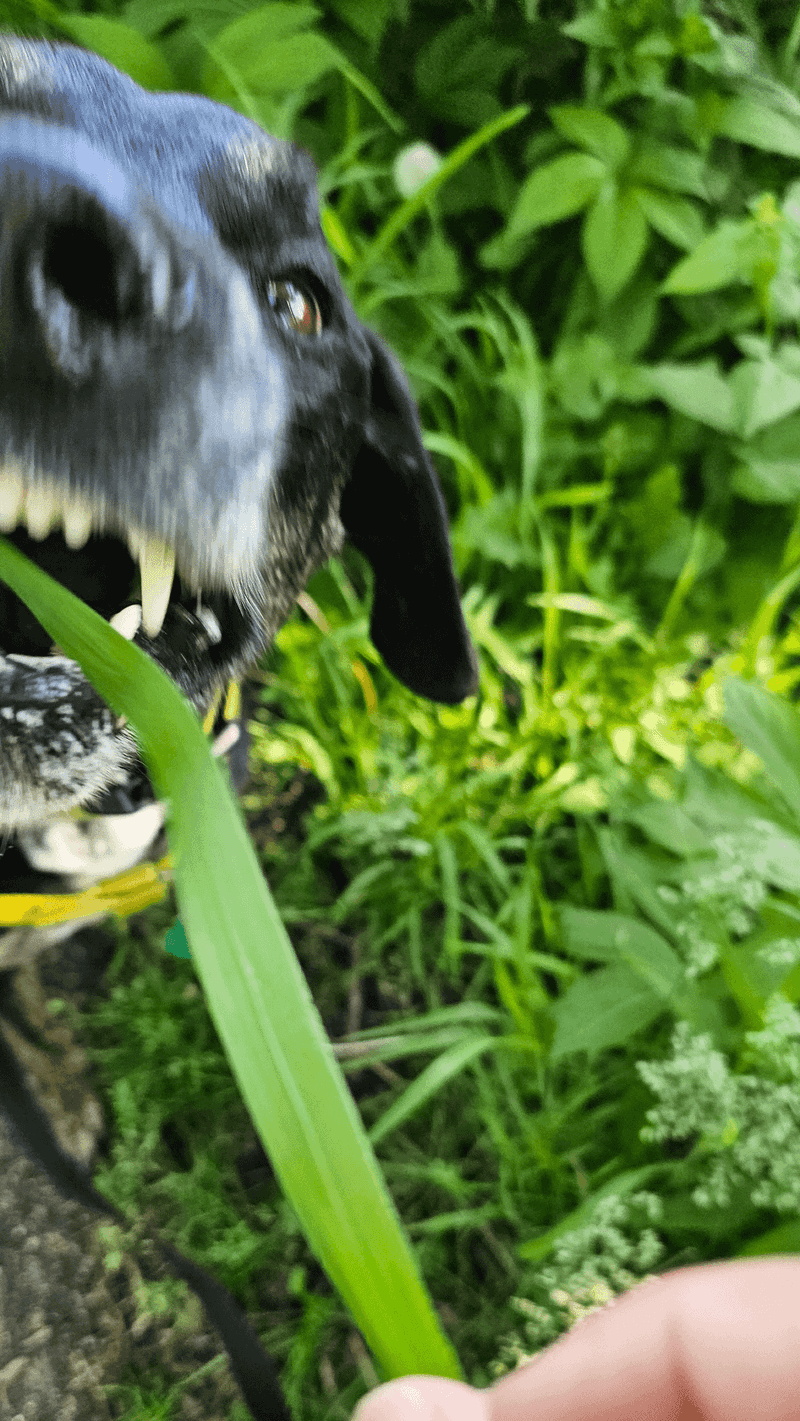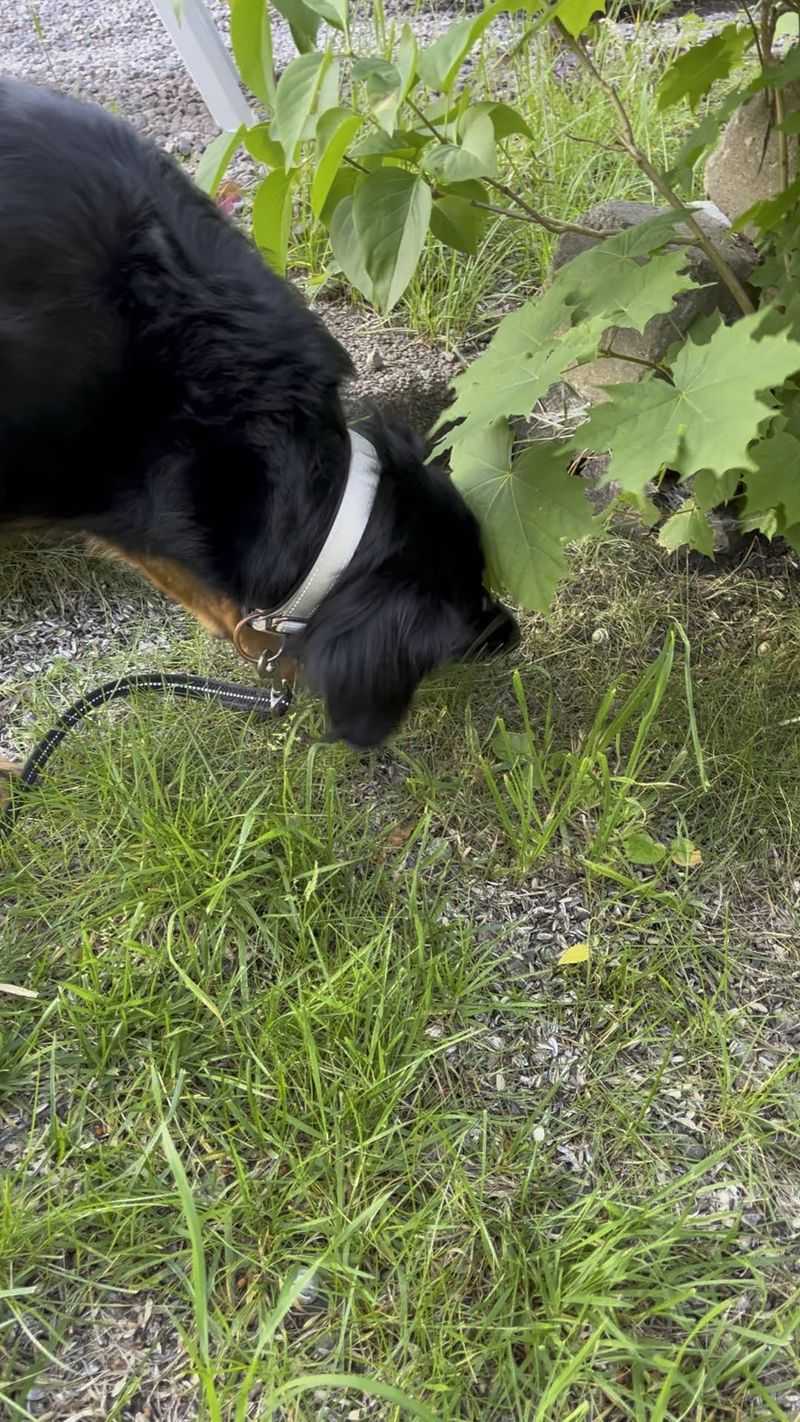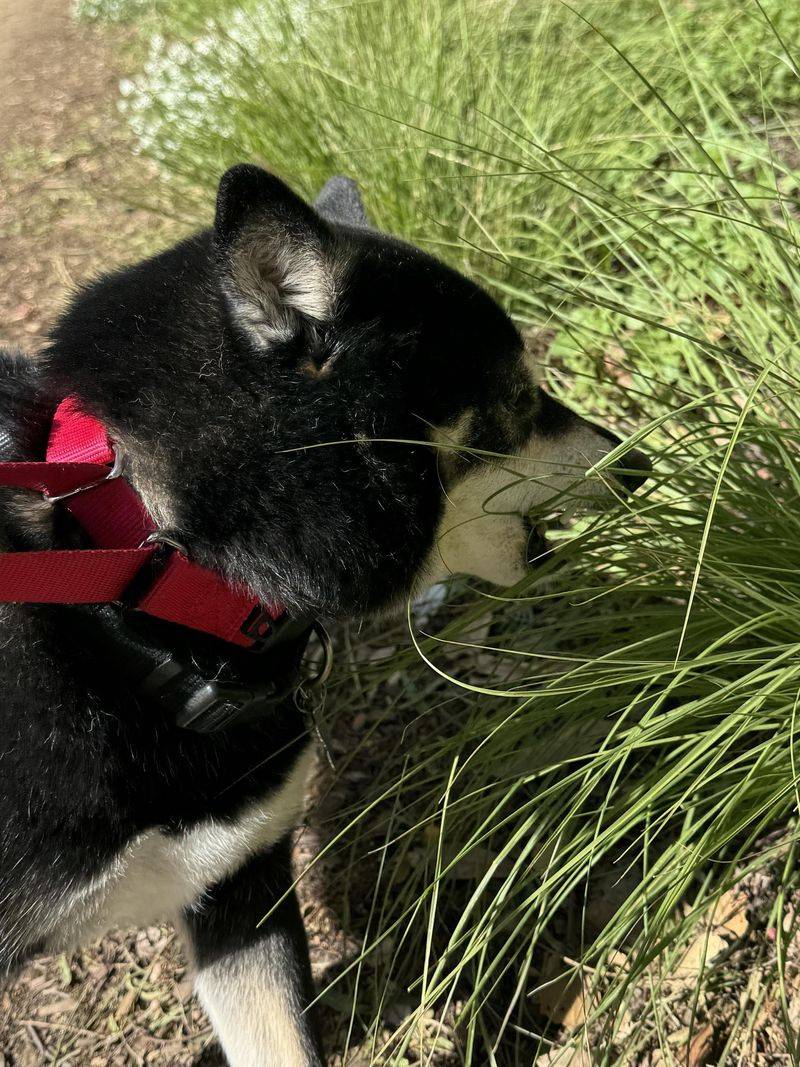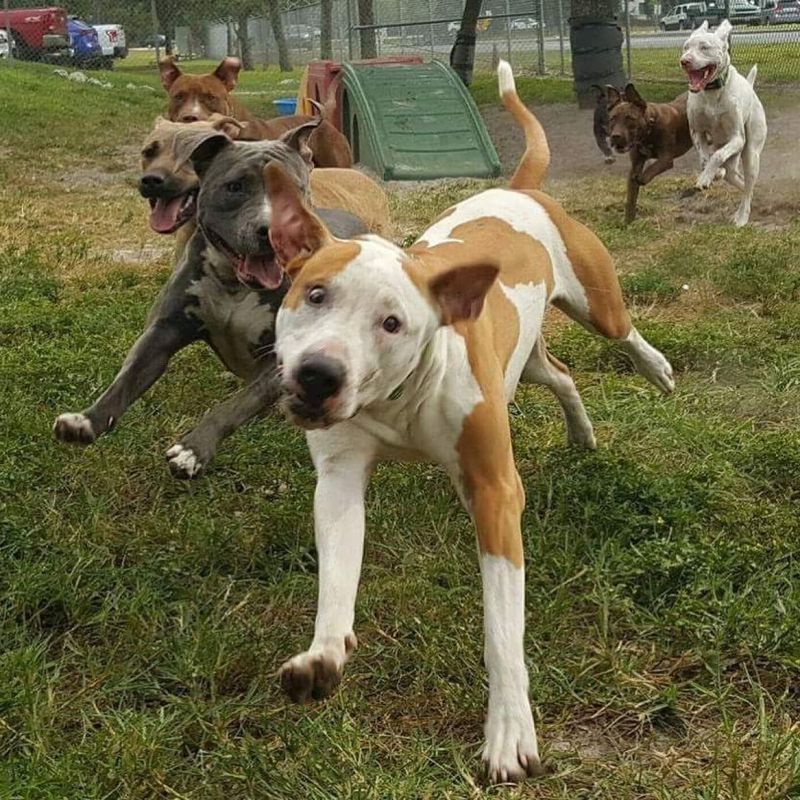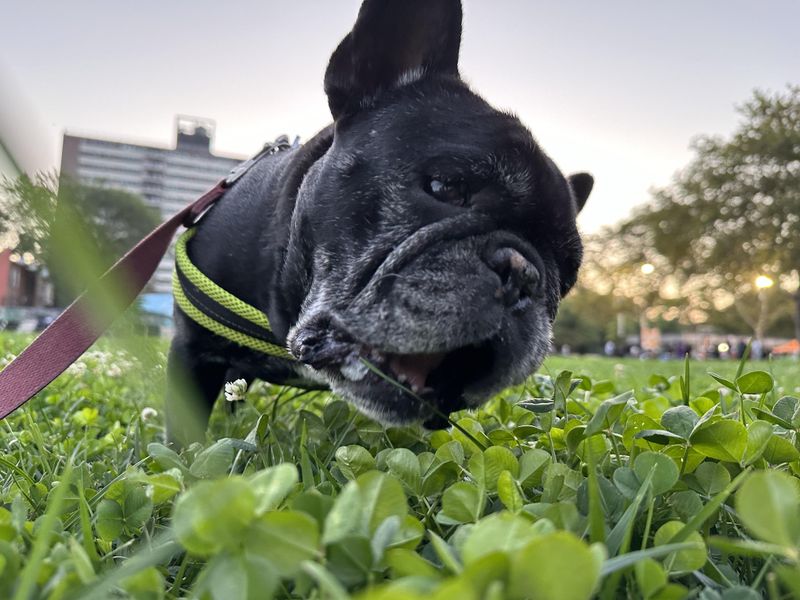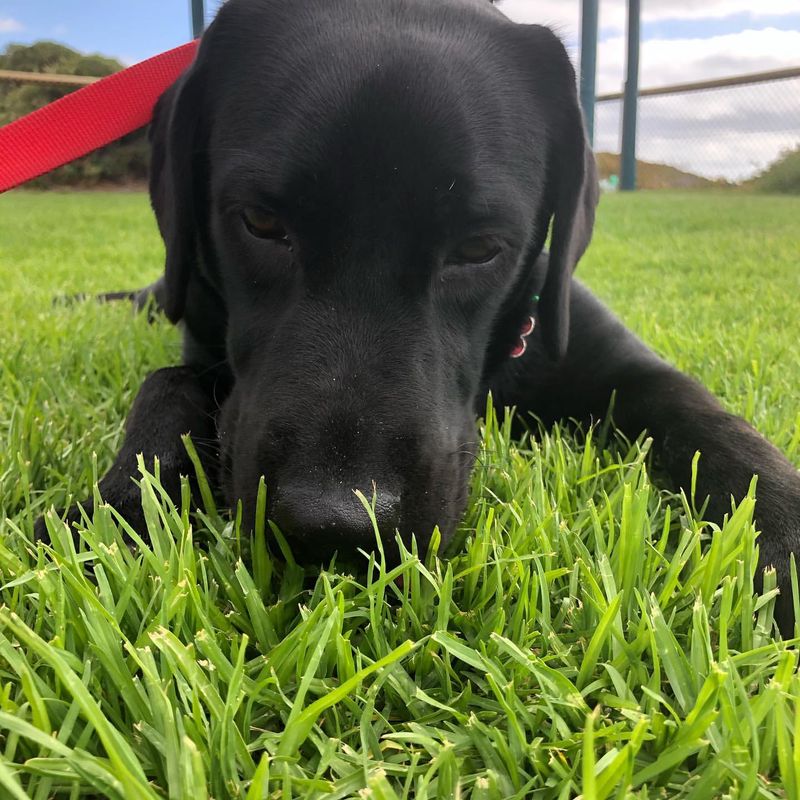Dogs eating grass is a common behavior that puzzles many pet owners. While it may seem unusual, there are several reasons why dogs engage in this activity. Understanding the motivations behind grass-eating can help in managing it effectively. This guide explores 19 common reasons why dogs eat grass and provides some practical tips on how to prevent it. Whether it’s due to diet, behavior, or instinct, each explanation offers insight into your dog’s health and well-being, allowing for more informed care and attention.
Nutritional Deficiency
Some dogs eat grass to compensate for a nutritional deficiency. Perhaps they lack certain vitamins or minerals in their diet. Their instinctive need to balance their nutrition leads them to munch on grass.
Grass may provide fibers or trace minerals that are missing. Regularly review your dog’s diet to ensure it contains all the necessary nutrients. Consulting with a veterinarian can also help determine if supplements are needed. By ensuring a balanced diet, you can reduce your dog’s grass-eating behavior.
This simple adjustment might be all your furry friend needs to steer clear of the lawn.
Upset Stomach Relief
Dogs might eat grass to soothe an upset stomach. This behavior helps induce vomiting, providing relief from nausea or digestive discomfort. It’s a natural way for dogs to cleanse their stomach.
If your dog frequently eats grass and vomits, it might be a sign of a more serious issue. Consulting with a veterinarian can provide clarity on whether this behavior is a normal self-care practice or a symptom of something more.
Monitoring your dog’s overall health will guide you in addressing any underlying medical concerns promptly.
Boredom
Boredom can lead dogs to eat grass. With nothing else to engage them, dogs may turn to grass chewing as a way to pass the time. It becomes a curious and entertaining activity.
Providing toys, regular playtime, and mental stimulation can help distract them from this behavior. A well-exercised and engaged dog is less likely to nibble on grass out of boredom.
Engage with your pet through games and activities that challenge their mind and keep them happy and occupied.
Natural Instinct
Eating grass might be an instinctive behavior inherited from wild ancestors. Wolves and other wild canines also graze on grass for dietary balance.
For domestic dogs, this behavior may be a remnant of their evolutionary past. Although your dog is far from the wild, such instincts could still be embedded in their behavior.
Understanding and acknowledging this natural tendency can help you accept it as part of their nature, rather than something to be overly concerned about.
Taste Preference
Some dogs simply enjoy the taste of grass. It might be a texture or flavor thing that appeals to them.
If your dog is otherwise healthy and doesn’t show any signs of distress after eating grass, they might just like it. Ensuring they have safe and pesticide-free grass to chew is essential.
By observing your dog’s behavior, you can determine if this preference is purely for taste, allowing you to provide a safe environment for them to indulge occasionally.
Dental Health
Chewing on grass might help dogs maintain their dental health. The texture of grass can act like a natural toothbrush, helping clean their teeth.
While not a substitute for regular dental care, this behavior might offer some benefits. Providing dental chews and regular vet check-ups can ensure optimal dental health.
By understanding this connection, you can encourage other dental-friendly activities and products to keep their teeth in good shape.
Exploration and Curiosity
Dogs are naturally curious creatures. Eating grass might be part of their exploration process.
Young puppies, in particular, use their mouths to investigate their surroundings. Chewing grass is one of the ways they learn about their environment.
Ensuring safe exploration spaces and supervising outdoor play can allow them to satisfy their curiosity without unwanted consequences.
Attention-Seeking Behavior
Sometimes, dogs eat grass to get attention from their owners. If a dog notices that this behavior results in extra attention, they might continue doing it.
Addressing this needs through positive reinforcement and regular interaction can help shift their focus. Providing attention through other playful activities will discourage this behavior.
Understanding their need for attention can help you redirect their energy in more rewarding ways.
Anxiety and Stress
Stress and anxiety can lead dogs to eat grass. This behavior acts as a coping mechanism, soothing their nerves.
Identifying triggers such as loud noises or separation anxiety is crucial. Providing a safe space and comfort during stressful times can alleviate this behavior.
Consulting with professionals for anxiety-related issues may also be beneficial for your pet’s emotional well-being.
Habitual Behavior
For some dogs, eating grass becomes a habit. Once they start, it becomes a routine activity that they continue over time.
Breaking this habit requires patience and consistency. Redirecting their attention to other activities or treats can gradually reduce this behavior.
Understanding and accepting this as a harmless habit can also put your mind at ease while you work on behavior modification.
Hydration Needs
Dogs may eat grass to meet their hydration needs. Grass often contains moisture, especially in the morning.
Ensuring your dog has constant access to fresh water can prevent them from seeking hydration through grass. Observing their drinking habits might provide insights into their hydration levels.
Providing ample water and monitoring their intake can reduce this grass-eating behavior effectively.
Lack of Fiber
Grass may serve as a fiber source for dogs lacking it in their diet. Fiber aids digestion, and its absence may lead them to eat grass.
Ensuring a balanced diet rich in fiber can curb this behavior. Consultation with a vet can help tailor a diet plan, incorporating necessary fiber sources.
By understanding this dietary need, you can adjust their meals to promote healthy digestion and reduce grass consumption.
Parasite Control
Dogs might eat grass as a form of natural parasite control. Some believe that grass helps cleanse the digestive system of parasites.
While it’s not a reliable method for parasite control, regular veterinary check-ups and proper treatments are essential. Monitoring your dog’s overall health can ensure they remain parasite-free.
Understanding this behavior allows you to take proactive steps in maintaining their health through professional care.
Sensory Exploration
Dogs explore the world through their senses, and grass eating is part of that exploration. The different textures and smells provide sensory stimulation.
Encouraging safe exploration with supervised outdoor activities can enrich their lives. Providing alternative sensory experiences like scented toys can also help.
Facilitating this natural curiosity while ensuring safety can make their exploration more rewarding.
Playfulness
Playful dogs might eat grass during their frolics in the garden. It often becomes part of their playful antics.
Ensuring safe play areas and engaging toys can allow them to play freely without resorting to grass eating. Observing their play patterns can help provide suitable alternatives.
Understanding this playful nature and providing ample opportunities for safe play can reduce grass eating.
Seasonal Changes
Seasonal changes might influence grass eating. Dogs may respond to environmental changes by altering their behavior, such as eating grass.
Monitoring seasonal patterns and adjusting their diet and activities can provide stability. Providing comfort during these changes can make them less reliant on grass.
Recognizing the impact of seasons helps you adapt to their needs and reduce grass consumption.
Age-Related Behavior
Age can influence grass-eating behavior. Older dogs might develop new habits, including grass consumption.
Providing age-appropriate nutrition and care can address these changes. Regular veterinary check-ups ensure they remain healthy as they age.
Understanding the age-related aspects of this behavior allows you to provide the best care and attention to their needs.
Peer Influence
Dogs may eat grass due to peer influence. Observing other dogs engaging in this behavior can lead them to imitate it.
Socializing with different dogs and providing positive reinforcement can counteract this influence. Ensuring diverse interactions allows them to develop independent behaviors.
Understanding peer dynamics helps you guide your dog’s social experiences effectively.
Herbal Remedy Protection
Some believe dogs eat grass for its herbal benefits. Grass might contain compounds that offer natural remedies.
While not a substitute for proper medical care, understanding this inclination can help provide alternative herbal supplements under vet guidance.
Exploring natural remedies through professional advice ensures safe and effective care for your pet.
Exploration of Flavors
Dogs may eat grass to explore different flavors. They are naturally curious about their environment and may experiment with taste.
Providing a variety of safe and chewable items can satisfy this curiosity. Watching their preferences can guide you in offering suitable alternatives.
Encouraging exploration while maintaining safety fosters a nurturing environment for your dog’s adventurous palate.
